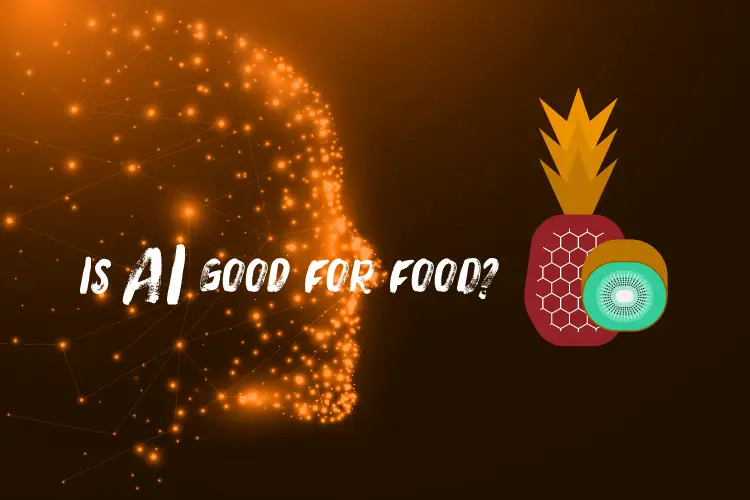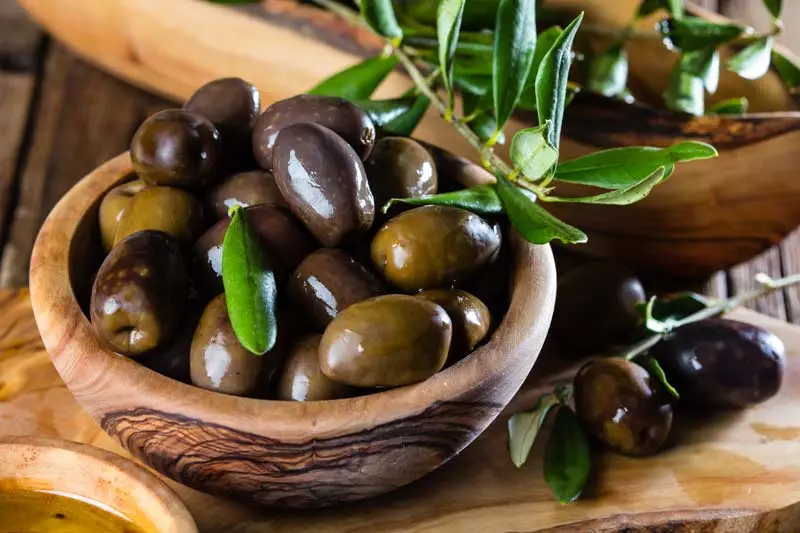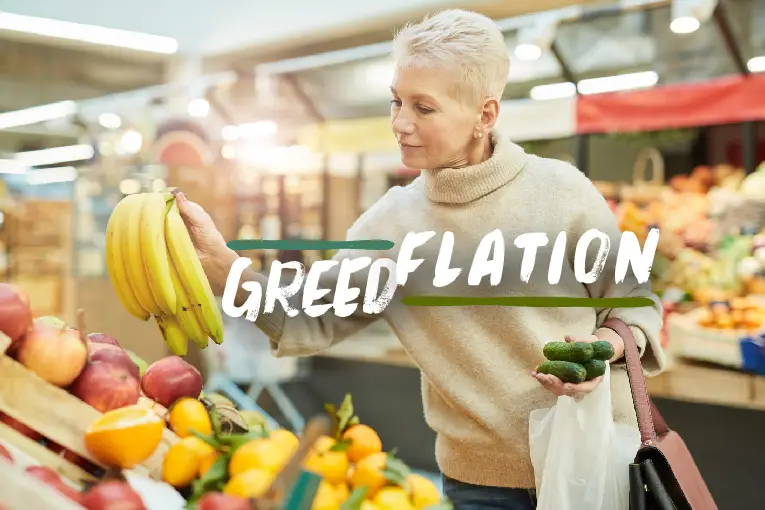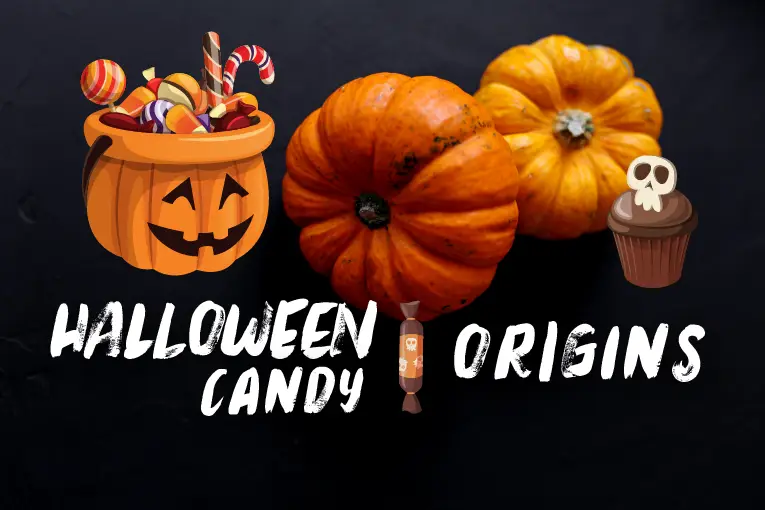As artificial intelligence (AI) increasingly infiltrates our everyday lives, it is also starting to make its way into the food industry. From robotic cook assistants to machine learning algorithms that can predict consumer tastes, AI is beginning to transform the way we produce and consume food. While there are many potential benefits to this trend, there are also some risks that should not be ignored.
Some claim emerging as a valuable tool for food and beverage makers looking to bolster front-end innovation. Manufacturers, restaurants, ingredient suppliers, flavour houses and more are leveraging insights from machine learning to get closer to consumer trends and market more nuanced propositions. Other use AI to pull data from social media, home cooking analytics and millions of restaurants and their menus to equip users with a deeper understanding of real-world eating and drinking moments. Casting such a wide net, and making sense of the findings, wouldn’t be possible with traditional research methods.
For one thing, AI-powered automation could lead to mass layoffs in the food industry. As machines become more efficient at performing tasks like cooking and packaging food, there will be less need for human workers. This could have a devastating impact on already-vulnerable communities that rely on the food industry for employment. In addition, AI-assisted food production could also lead to increased health risks. For example, if machines are used to select and package food items, they may inadvertently choose items that are past their expiration date or contaminated with bacteria. As AI continues to make inroads into the food industry, it is important to consider both the potential benefits and risks of this trend.



